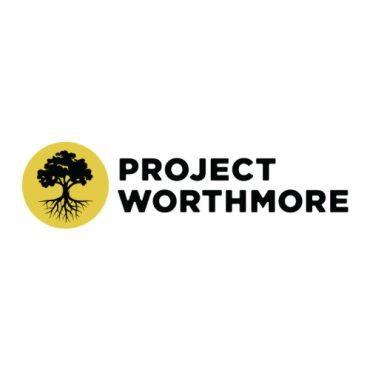Sighs of relief were heard across the state as Colorado announced a universal preschool program. Those sighs of relief transformed into a lawsuit. KGNU’s Ivonne Olivas tells the story
Listen:
-
 play_arrow
play_arrow
IO_UPKStory Alexis Kenyon
The state of Colorado implemented the Universal Preschool Program, UPK, this school year as an attempt to increase accessibility to early childhood education. Harrison School District Two Superintendent, Dr. Wendy Birhanzel, says she was initially committed to the program. “And then the week before school started, they said they don’t have enough money to offer those hours,” Birhanzel says.
Voters approved a tax on nicotine that would fund Universal Preschool for four-year-old and qualifying three-year-old kids in Colorado last year. It was intended to relieve the stress of childcare costs and enable accessible early childhood education through a lottery system. According to Birhanzel, many families within the Harrison School District were under the impression that at-risk children would be receive 30 hours a week of preschool, free of charge. *At-risk factors include poverty, special education needs, and English as a second language.
“We had made no promises in our communications regarding funding,” said Ian McKenzie, Colorado Department of Early Childhood Education Public Information Officer.*
At-risk children received 15 free hours a week of preschool, rather than the full 30. Birhanzel says this is a huge difference. “It was supposed to be, if you had a risk factor, you could get these 30 hours. Then they changed the rules where you had to have two risk factors. Well, if I’m a family and I didn’t know how to fill out the application, then I might have not gotten the 30 hours because I didn’t know really how to fill it out. And then, you know, our governor had said, well, research shows that 15 hours of preschool is what’s best. That’s not best for all kids, and that’s not best for at-risk kids or when you have gaps,” Birhanzel said.
Birhanzel says the reduction in hours left the school districts in a difficult situation. “So we could one, tell the family, ‘Oh, well, you don’t get your 30 hours, you can only get your 10.’ Or we could ask the parents to pay for the 20 hours to make up the difference. Or we could just say, let’s use our own budget to backfill those hours. And that’s what we’re essentially going to do because taking a student from 30 to 10 hours is, in my mind, criminal when they have these risk factors,” Birhanzel said.
Birhanzel says the Harrison School District decided to cover the difference which has left them with shaky finances and an overworked staff. Several school districts filed a lawsuit against the program. Harrison School District Two was one of the plaintiffs.
“I think the first thing just to make sure that everyone’s clear on, we think the idea of universal preschool is a great idea. We know early childhood education matters. But the problem and why we’re in this lawsuit is that it’s not universal for everyone. Promises were made and not kept about hours of education, and it’s creating a bigger rift between haves and have-nots,” Birhanzel said, “So students with at-risk factors are getting less education than they did last year in the same situation because of this new program.”
The Harrison School District Director of Special Education, Amy Lloyd, says the state took money from the special education budget to fund UPK.
“Essentially, we weren’t given a seat at the table to really help flush these things out, to prevent all of these problems that are now occurring pretty much as we predicted. It’s been very frustrating as a special education director because the laws that surround students with disabilities were an afterthought,” Lloyd said.
Ian McKenzie, says this has no basis in reality.*
Chief Operating Officer at the Denver Preschool Program, Ellen Braun, stands by UPK. She says that even if the cost savings are perfect, some help is better than none.
“The average price of Childcare in Colorado is $1,500 a month. That rivals the cost of in-state college tuition. Children participating in the program have higher success rates in kindergarten and beyond into their educational careers,” Braun said.
In an interview with 9News, Colorado Governor Jared Polis said 15 hours of preschool a week was ideal for all children. Harrison District Two combats this idea, saying that generalizing educational needs for all children is dangerous. They also allege that the process of matching children with a preschool program is difficult and because school districts have no say in where children are placed, they can’t help. Berhanzer says she’s heard stories of families who are put on hold for five to six hours when they call the helpline. Many end up choosing not to enroll at all because the process is so difficult to complete.
“We’re really in the lawsuit for A, access to enroll our kids, B, funding that you promised, and C, to be an advocate for our families who don’t know how to be a voice for themselves because if you have a three or four-year-old in the state right now, they should be in preschool. If they’re not getting 30 hours, then that’s not what the state promised. And so, we need to keep being the voice and keep pushing back until our families in our state get what they deserve,” Birhanzel said.
The lawsuit against Gov. Polis, the State Board of Education and various other educational entities was filed Aug. 17. It is pending legal attention and no further action has been taken in court.
* A previous version of this story did not include the voice of Ian McKenzie.

















